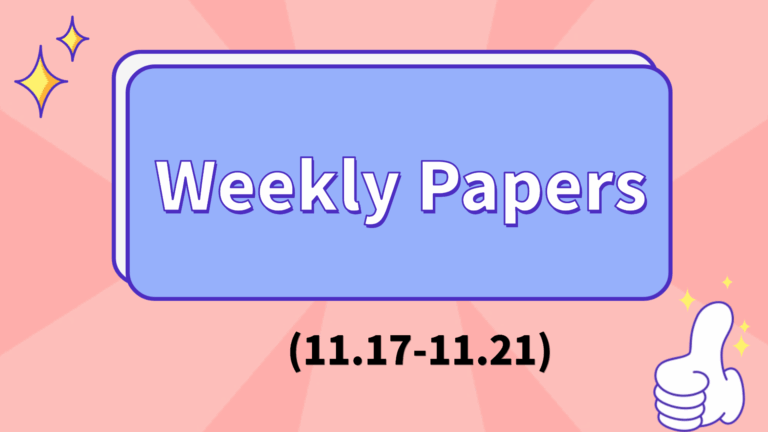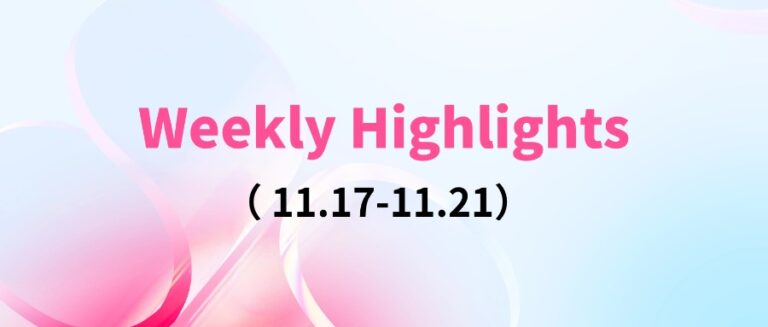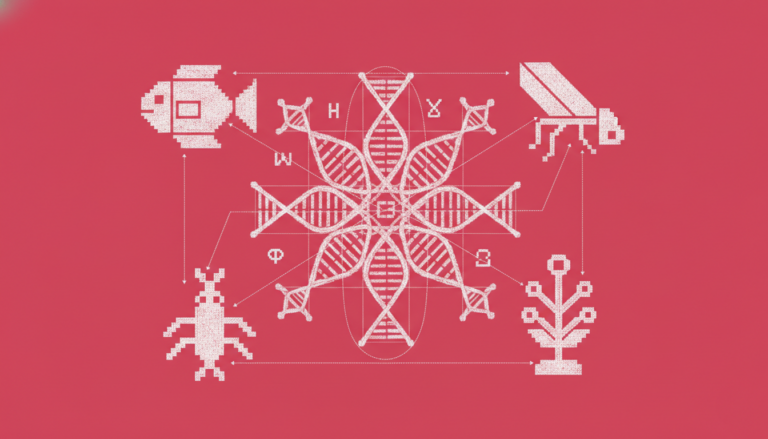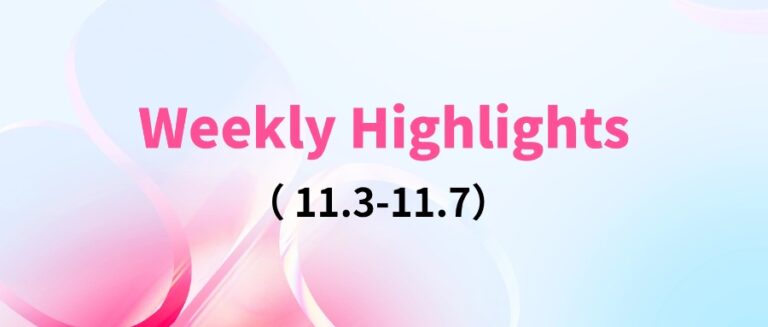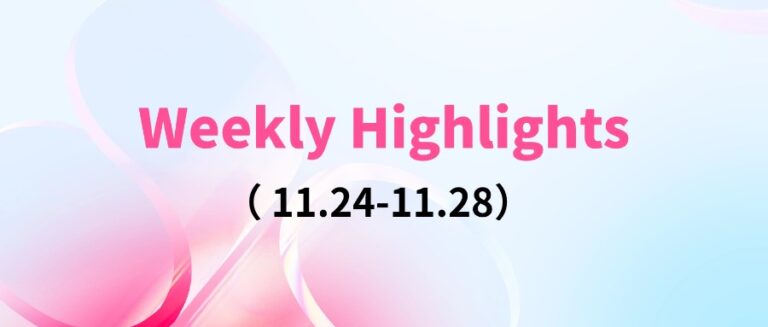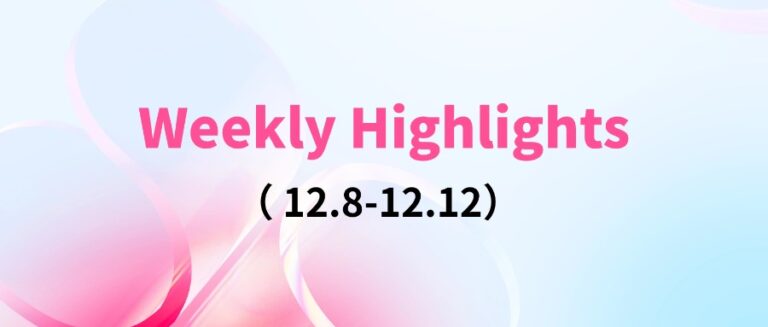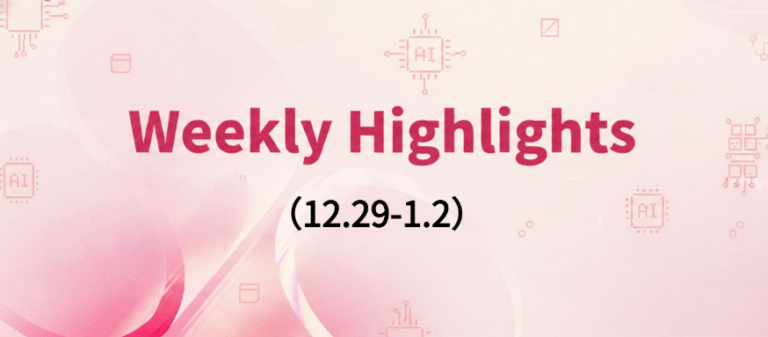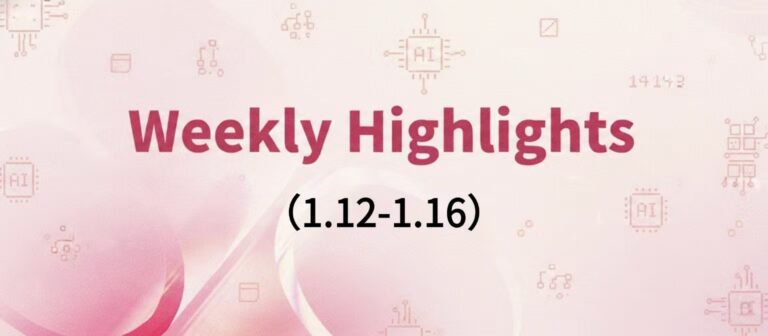Command Palette
Search for a command to run...
The Best Screenplay Winner of Cannes This Year Is Still Human

Based on artificial intelligence technologies such as LSTM neural networks and natural language processing, AI can be trained with a large number of scripts to teach it to write scripts and turn them into movies.
The 72nd Cannes Film FestivalThe South Korean film "Parasite" won the highest award, the Palme d'Or, on May 25, French time. This is the first time in the history of a South Korean film that it has won the highest honor at the Cannes Film Festival.

However, what we are going to discuss today is not this highest award, but,Best Screenplay Award.
On the Importance of Screenwriting
When it comes to movies and TV series, we often tend to overlook the screenwriter and pay more attention to the director. However, the screenwriter is actually the core and soul of a movie.
There are many factors that determine whether a movie is a classic, from the script to the actors, to the director and post-editing, visuals, sound effects, etc. However,scriptIt is an important factor among many factors.
A good script may be made into a bad movie, but a bad script will never be made into a good movie.When we recall a good movie, we often remember the plot that touched us.
French director Céline Sciamma won the Best Screenplay Award for her film Portrait of a Lady on Fire at the Cannes Film Festival. This is an LGBT film about a female painter who went to an aristocratic family to paint a portrait of a girl who was about to get married in the 1770s and fell in love with each other.

This is not the first time that Céline Sciamma has won the Best Screenplay Award. Her inspiration for writing scripts comes from people around her or from historical stories. She has also studied art history to write scripts.
so,A good script requires a huge amount of work:I consulted a lot of information and watched countless films... Because of the high requirements in all aspects, there was a shortage of TV dramas in China before 2002.
But nowadays, even artificial intelligence can write scripts, so why is it still so difficult for us to write a good script?
Advertising scripts written by artificial intelligence
Kevin Macdonald, a well-known filmmaker, shot a short film last year with a script written by artificial intelligence.
Macdonald directed a 60-second Lexus commercial based on a script by IBM's Watson artificial intelligence platform,This is a commercial artificial intelligence technology platform that uses a cognitive computing system. In the commercial, the style of the Lexus ES sedan is well displayed.
This advertising script written by AI achieved very good results
Scene analysis: In a factory, a manufacturer touches a newly built car, and then watches it drive out of the factory.
The car was driving on a winding mountain road, with beautiful coastlines and forests along the way.
In the next scene, the media is reporting on the car's final emergency braking test live on TV.
In front of the TV, seeing the car pass the test, the engineer finally relaxed and hugged his daughter.
To generate advertising scripts, IBM’s Watson platform analyzes past A large amount of data from 15 years,Includes award-winning automotive and luxury goods advertising data, as well as data containing consumer insights.
Through data, AI identified factors that can easily resonate with consumers, including reducing dialogues and highlighting visual effects. Finally, it wrote the following scene for Lexus’ advertisement: a winding road with a gurgling river on one side and a dense forest on the other.
Lexus said the ad was so effective that sales of the featured sedans increased 35 percent over the original target after it was released on YouTube and other sites in November.
AI that learned to write scripts three years ago
In 2016, at the London Science Fiction Film Festival, a 9-minute science fiction film written entirely by AI Sunspring(Chinese name: Yangchun) is released. The movie is about a group of people falling in love in a post-apocalyptic world.The first film ever made using an algorithm.

The AI, which took a year to develop by New York University researcher Ross Goodwin, is named Benjamin. LSTM (Long Short-Term Memory) recursive neural network.
In order to achieve fast screenwriting, Benjamin "read"Hundreds Science fiction scripts from the 1980s and 1990s, including "Blade Runner", "Chrono Tribe", "Interstellar", etc.
Although the film was shot and released, many of the illogical dialogues in the film made the audience feel confused and not worth watching. For example, there is a sentence in the script: "He stood in the starry sky and sat on the floor." However, we don't expect AI to win an Oscar in such a short time.
AI screenwriters continue to pursue progress
It is worth mentioning that after two years, AI Benjamin brought its independently produced movie Zone OutMade a comeback at the 2018 London Sci-Fi Film Festival, once again participating in the 48-Hour Film Challenge.
After two years of refinement, Benjamin's new film uses Face-changing technology, using neural networks to generate dialogue and voiceovers, and during the 48-hour challenge, the entire production process was handled by AI without human intervention.
Of course, it still relies on LSTM neural networks to write scripts. This time, it generated some scene dialogues for "Zone Out" based on Shakespeare's works and subtitles of other movies.
The general plot of this film is as follows:
Shot 1: The male protagonist is watching the video on the DVD player, and several children are playing. He smiles happily. Then his wife appears in the video, and after they kiss, she runs away with a smile.
Scene 2: He is looking through a microscope and then has a strange conversation with another man. After that, he is driving on the road and meets a woman. He stops the car and has a strange conversation with her.
Scene three: In the evening, he returned home and saw his wife injecting herself with drugs with a syringe. Then they quarreled. His wife was emotional and pulled out a gun and pointed it at him, but suddenly fell down (probably due to the effect of the drugs).
Shot 4: The male protagonist performs surgery on his wife, cuts off her head and places it on a plate filled with various infusion vessels. At this moment, a monster reaches in from a small window on the door and covers the male protagonist's face with its hands, while his wife lets out a weird "hahahahaha" laugh. The monster rushes in, and the wife's head still keeps laughing. End.
Although the final film still has a strange plot and almost no transitions between scenes, it also has a lot of emotional storytelling. The major improvement this time is thatRather than simply copying and pasting from an input corpus, Benjamin learned to compose his own.
In addition, unlike the first "Sunspring" which was performed by real actors, this "Zone Out" uses face-changing technology and is completely generated by AI. Before production, real actors performed to provide material for Benjamin, and then Benjamin replaced the actors' faces with the faces of the characters it edited from other movies.

“What I really wanted to do was try to automate every part of the human creative process and see if we could learn something about the people who make the movies,” said Oscar Sharp, a Los Angeles-based director who worked on the film.
This is a start, and we can see that in the future, neural networks may be better at imitating the art of coherent storytelling, and by then, perhaps humans will be inferior in comparison.
Will AI win a screenwriting award? Not yet.
Although artificial intelligence has made some good attempts in script writing, it is still far from being popularized.There is still a long way to go.If artificial intelligence wants to win a screenwriting award, it must first write a brilliant and logical script.
Although artificial intelligence has its own traffic, the actual AI script writing, if you look closely, is generallyHuman-Robot CollaborationThere are four main ways:
First, the machine provides screenwriting suggestions;
Second, humans create the main storyline, and machines fill in the content;
Third, the machine generates the first draft, and humans revise it;
Fourth, human-machine relay.
In addition to overcoming the data bias caused by model training, text generated based on machine learning methods also needs to: The way AI generates scripts is similar to "formulary" creation, and also relies on training its models and manual "feeding".
In addition, artificial intelligence does not understand emotions that belong only to humans, such as humor, love, and happiness.
But as it stands now, for those screenwriters who can only copy and paste and have no creative consciousness, this little bit of artificial intelligence may be enough to make them unemployed.
